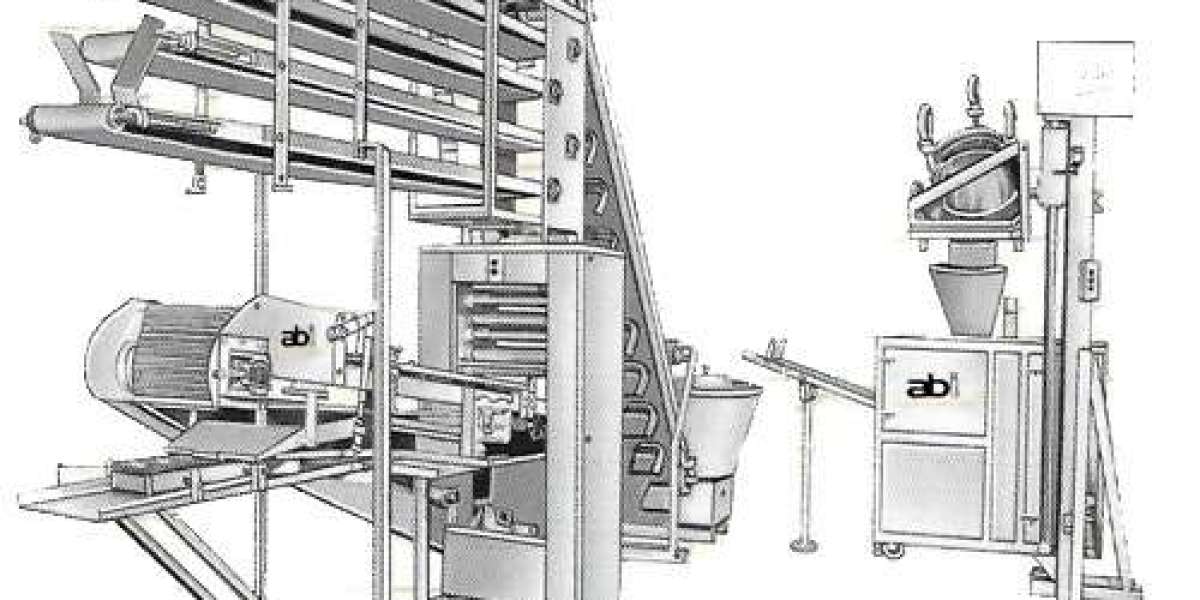In the bygone era, the primary objective of software testing was to detect errors in the software product. The goal was to improve the overall software quality.
However, the scope of software testing has been broadened significantly, thanks to automation testing tools. They can enable the test cases execution rapidly with less human intervention. Thus, allows for quick feedback as compared to manual testing, which in turn allows for significant time savings and enhanced efficiency. Let’s delve into the automation world and explore the features and functionalities of different tools to drive successful testing outcomes:
1. Selenium:
It is one of the top automation testing tools that facilitate the automated testing of various functional aspects of a web application. It has diverse tools, including Selenium IDE and Selenium Grid.
Features
1. Language support
It supports various programming languages when it comes to test scripts, such as Python, Ruby and Java.
2. Cross-browser & cross-Os compatibility
It has the diverse capability to allow automated testing in various modern web browsers such as Firefox, Chrome, Microsoft Edge and Safari. Additionally, it provides testing support across many operating systems, including Linux, Windows and MacOS.
3. Integration with CI/CD tools
It can seamlessly integrate CI/CD (continuous integration/ continuous deployment) tools such as Jenkins and Docker.
2. Cypress
It is a modern testing framework for web apps utilizing JavaScript to simplify the writing and execution test processes.
Features
1. Efficient test automation
It offers to curate web test application scripts that leverage JavaScript. It simplifies the writing test processes and seamlessly interacts with web elements by providing a clear and intuitive syntax.
2. Real-time debugging
It has the unique feature of real-time debugging, which can detect and fix the issues that happen during test execution.
3. Integration with CI tools
It can provide seamless integration with popular CI tools, including CircleCI, Jenkins and TravisCI, which ensures continuous testing and quick feedback.
3. TestRail
It is an intuitive web-based testing tool that can effectively organize, track, and manage test cases. TestRail can offer a centralized platform to monitor test activities, allowing the team to improvise their testing processes and offer spectacular quality software.
Features
1. Comprehensive test tracking
TestRail helps to track tests for multiple platforms, such as mobile devices, browsers etc. It offers a unified view of test cases while allowing efficient test execution monitoring.
2. Seamless integration
It can seamlessly integrate automation testing tools, including JIRA, Selenium and Jenkins with popular project management tools, enabling efficient collaboration.
3. Real-time progress tracking
TestRail allows real-time visibility to track the progress of testing activities by generating traceability reports and monitoring test execution progress.
4. Rainforest QA
A powerful no-code QA solution that helps creates and executes tests by eliminating the need for coding or scripting.
Features
1. No code required
It offers a user-friendly interface so that the test can be created and performed seamlessly with the help of drag and select options. Thereby, it eliminates the need for coding and makes the testing experience super-easy.
2. Rapid test development
It enables rapid development and running tests while quicken the overall testing cycle, helping teams obtain faster feedback for software quality enhancement.
5. Katalon Studio
It is an intuitive automated testing tool that provides a rich feature set such as data-driven testing, cross-browser testing, and ease of use to make web application testing make it easy.
Features
1. Test creation & execution
With its scripting capabilities and built-in recorders, testers can seamlessly build test cases by interacting with the web application. It has a user-friendly interface empowers testers to create and execute web application tests.
2. Cross-browser testing
It supports testing via different browsers such as Firefox, Chrome, Internet Explorer and Safari for consistent compatibility and functionality.
6. Appium
A popular and widely used test automation framework for mobile apps and became popular by incorporating the Selenium strengths. It can seamlessly automate testing for hybrid, Native and mobile web apps by leveraging the WebDriver protocol.
Features
1. Multiple scripting language support
By utilizing Appium, testers have the vast flexibility to use their preferred programming language as it supports multiple scripting languages, including PHP, JavaScript, Ruby, and Python.
2. Code and test reusability
It allows the test script to be written for a single platform, which can be utilized on other mobile platforms such as Windows, Android, and iOS.
7. Espresso
It is a test automation framework developed by Google and is widely popular among developers. It offers a platform-specific solution for Android app testing, especially Native Android apps.
Features
1. Support Java and JUnit
It supports an extensively used programming language such as Java and a testing framework like JUnit for native Android apps. Due to its Java and JUnit familiarity, it makes it easy for developers to integrate Espresso into their current testing workflows.
2. Lightweight APIs
Its lightweight APIs offering can make the test upgrades and maintenance more easy and manageable, which can minimize the overall effort required for the test maintenance.
3. Android UI test to APKs compilation
Incorporating a testing Framework like Espresso can efficiently compile Android UI tests to APKs (Android application packages), simplifying the running test processes on various environments.
8. Robotium
An intuitive automation testing framework dedicated to design for testing Android applications. It competently provides a robust Android app testing solution for different environments and test levels.
Features
1. Scripting language
It harnesses the potential of the well-known programming language Java as it works as a scripting language for mobile app test automation.
2. Simple API for test generation
It can perform quick test generation by leveraging its simple and user-friendly API. This framework can optimize the automated test process while minimizing the time and effort needed for test development.
9. Selendroid
This is one of the automation tools for testing, specifically used for native and hybrid Android application testing.t can provide a comprehensive Android app testing solution due to its intuitive features like WebDriver API and Selenium integration.
Features
1. Multi-device interaction
By leveraging this framework, testers can interact with multiple devices at the same time, which allows them to test applications for different configurations and models.
2. High-quality recording
It’s a really painful task for the testers to manually script every action. Right? But with Selendroid capabilities, testers can automatically record and playback test scenarios’ interactions.
3. Integration with Selenium grid
Selendroid facilitates the efficiency and scalability of test execution, especially in large-scale scenarios.
10. TestComplete
It is one of the commercial testing automation tools offering intuitive database testing support. TestComplete offers robust features to make the database testing process effective.
Features
1. Database Connectivity
It supports various databases such as Oracle, PostgreSQL, Microsoft SQL Server, Oracle, MySQL etc, with the help of its connectivity options and built-in drivers.
2. Data Validation
It allows data validation from databases against the expected conditions or values to aim for data accuracy.
3. Test data management
From managing the test data in the test script to directly manipulating the test data within the tool, the TestComplete can quickly set up test scenarios to make sure the data state is consistent during testing.
Source: https://www.agicent.com/blog/automation-testing-tools/







